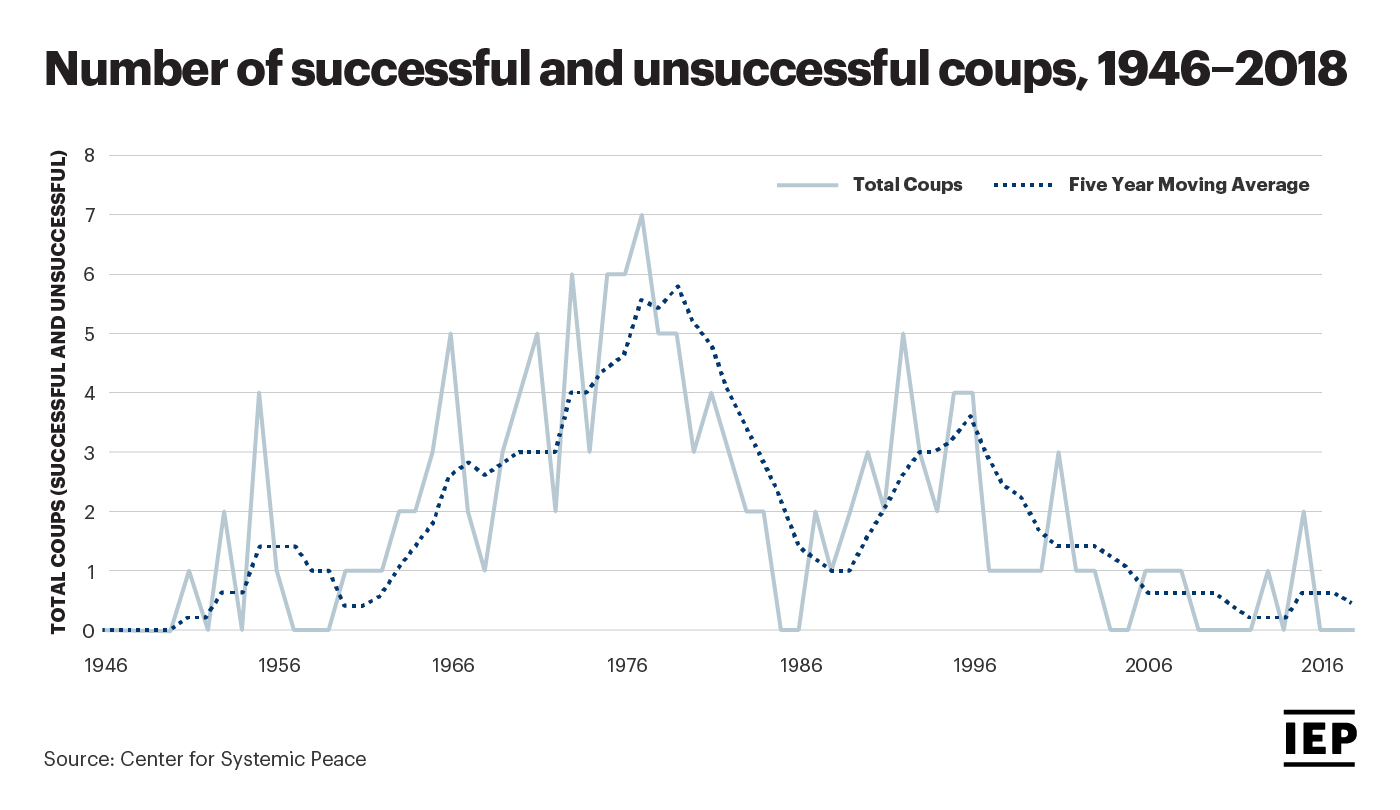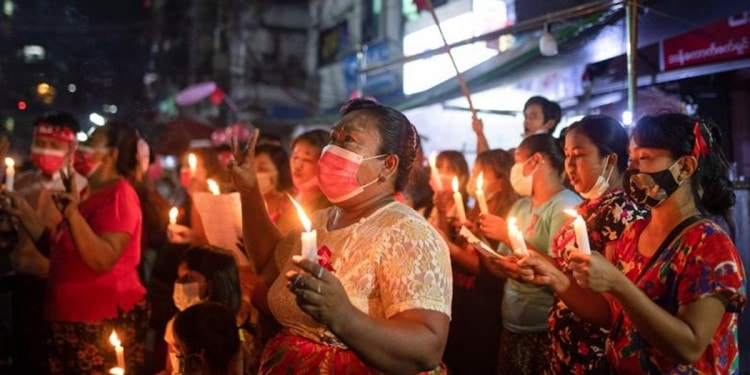A brief look at the current political events in Myanmar.
What happened in Myanmar?
Myanmar’s military, the Tatmadaw, has taken control of the country for one year, announced a state of emergency, and arrested elected government officials from the National League for Democracy (NLD), including leader of the party Aung San Suu Kyi and President Win Myint.
Army commander-in-chief General Min Aung Hlaing has taken power and soldiers remain on the streets of the capital Naypyitaw, according to reports.
The power grab comes after the general election in November, which saw the NLD claim a landslide victory – larger than their historic win in 2015 – to become re-elected to lead the government for another term. The military objects to the election results, claiming that discrepancies in voter lists caused voting fraud.
Tensions between the Tatmadaw and government escalated last week in the lead up to Myanmar’s first sitting of the new Parliament this week. The Tatmadaw had demanded this sitting be postponed until its claims of election fraud are addressed.
The NLD is urging people not to accept the coup. They are asking people to protest the Tatmadaw’s actions.
Related Articles: The ICC is Taking a Pro-Active Approach to Myanmar | Peace in the Age of Chaos – Interview with Steve Killelea
Why is this important?
The location of the country’s political leaders is unclear. Reports say Suu Kyi, Myanmar President Win Myint and other political figures had been “taken” by the military.
Phone and internet access were disrupted in the capital city, with some providers completely cutting services. There are also reports that ATMs are not working there and that many are rushing to withdraw cash.
Considering the popularity of Aung Sa Suu Kyi and the NLD among great swathes of Myanmar’s population, a military coup risks potential widespread backlash from the party’s civilian supporters.
The military coup is also a significant backward slide in the country’s fledgeling democratic transition that began a decade ago. In 2015, Myanmar held its first free election after five decades of military rule. However, the constitutional changes that made way for popular elections were drafted by the military and ensure 25% of parliamentary seats are occupied by military representatives. The military also maintains powerful control of the interior, border and defence ministries of government.

From a historical perspective, military coups like these are very rare in today’s political landscape. This chart above shows that since the end of the Cold War there have been only 36 successful and unsuccessful coups, compared to 92 in the 30 years prior to 1991.
About the author: The article has been written by the Vision of Humanity Editorial staff – brought to you by the Institute for Economics & Peace (IEP). The IEP investigates the impact of COVID-19 and future trends in economics, politics, social dynamics, conflict and development.
Editor’s Note: The opinions expressed here by Impakter.com columnists are their own, not those of Impakter.com. — In the Featured Photo: Protests Against Military Coup Spread Across Myanmar. Featured Photo Credit: Fars News Agency











